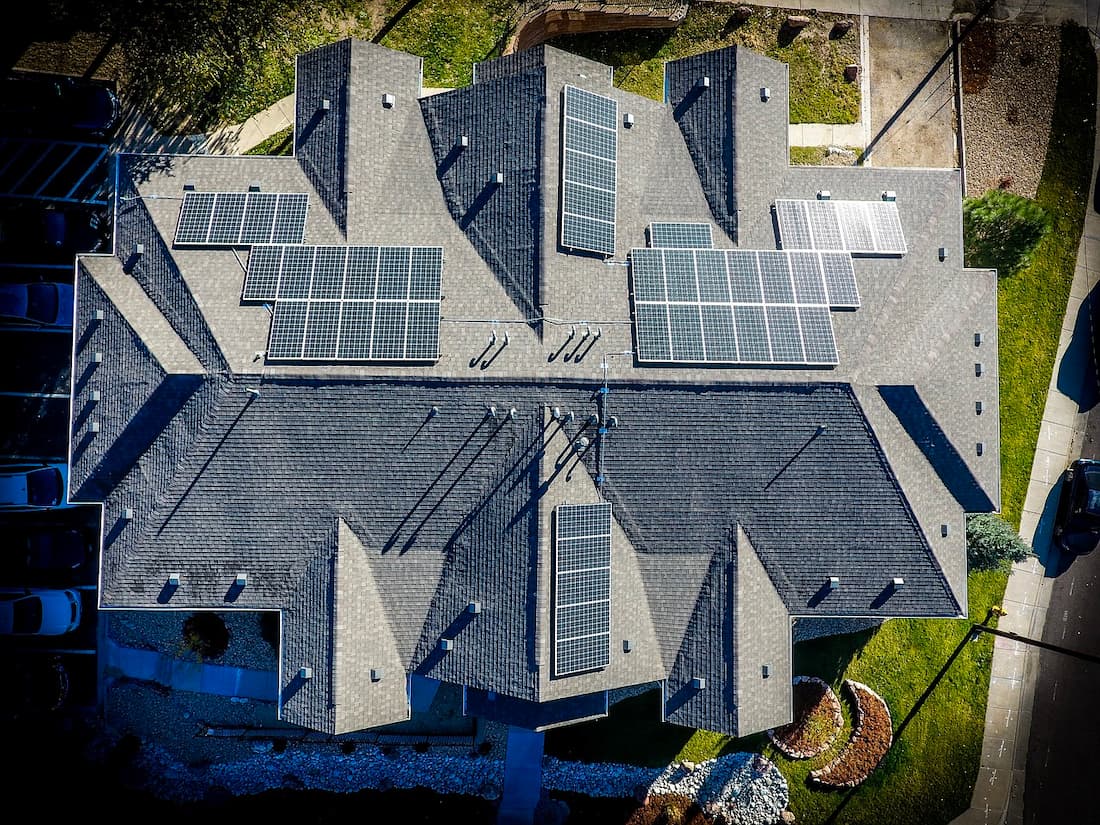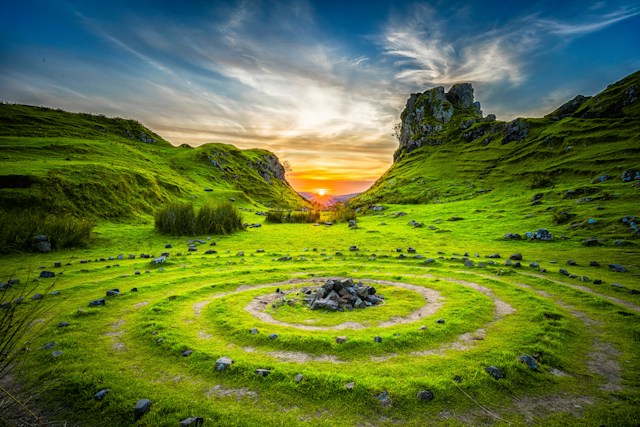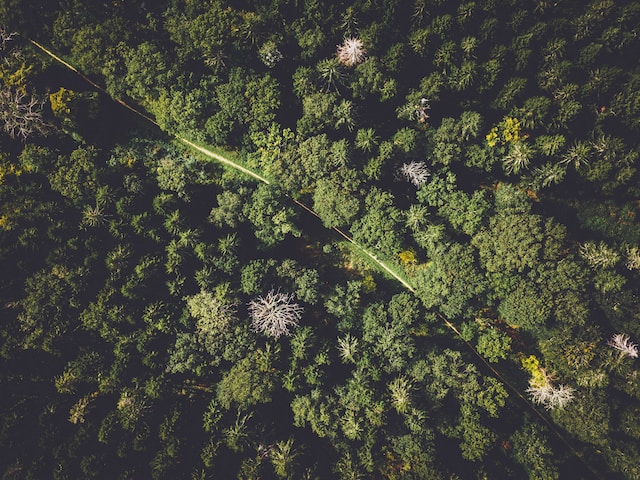The Environmental Conference
We are a team dedicated to protecting the environment of our land.

Tell About Eco Problem
We are a group of people united by the common goal of protecting and conserving nature and the ecosystem. It works at various levels, from local to global, to take action to conserve biodiversity, prevent negative impacts on the environment and use natural resources sustainably.

Cleaning up the planet
Join eco-activist teams and help them and our planet be cleaner

Take Care Of Yourself
Take care of yourself and never throw garbage in the middle of the road, always take it to the designated places
What we do
We Help Our Planet And Ecology
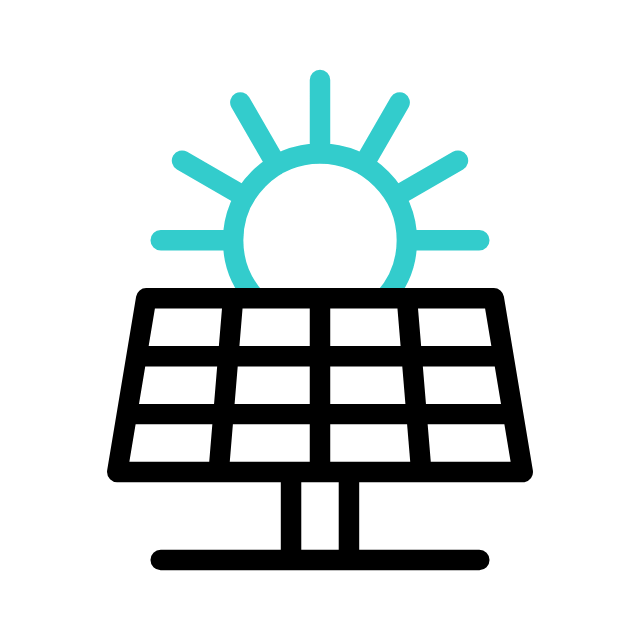
Eco Energy
We suggest people switch to clean energy

Waste recycling
We offer to sort and properly recycle garbage

Minimizing emissions
We offer companies to switch to environmentally friendly eq.

560k+ clients worldwide use ecology energy
Fighting Climate Change
Goal 13 is to take urgent action to combat climate change and its effects. It is linked to the targets contained in all of the Goals. To combat the effects of climate change, Member States adopted the Paris Agreement.
The Paris Agreement was adopted by all 196 parties to the United Nations Framework Convention on Climate Change (UNFCCC) at the 21st Conference of the Parties to the UNFCCC, held in Paris on December 12, 2015.
In this agreement, all countries pledge to ensure that global temperature increases are well below 2 degrees Celsius and, given the severity of the risks, to strive to limit temperature increases to 1.5 degrees Celsius. Implementation of the Paris Agreement is critical to achieving the Sustainable Development Goals. The Agreement provides a roadmap of measures that will reduce emissions and strengthen resilience to climate change.
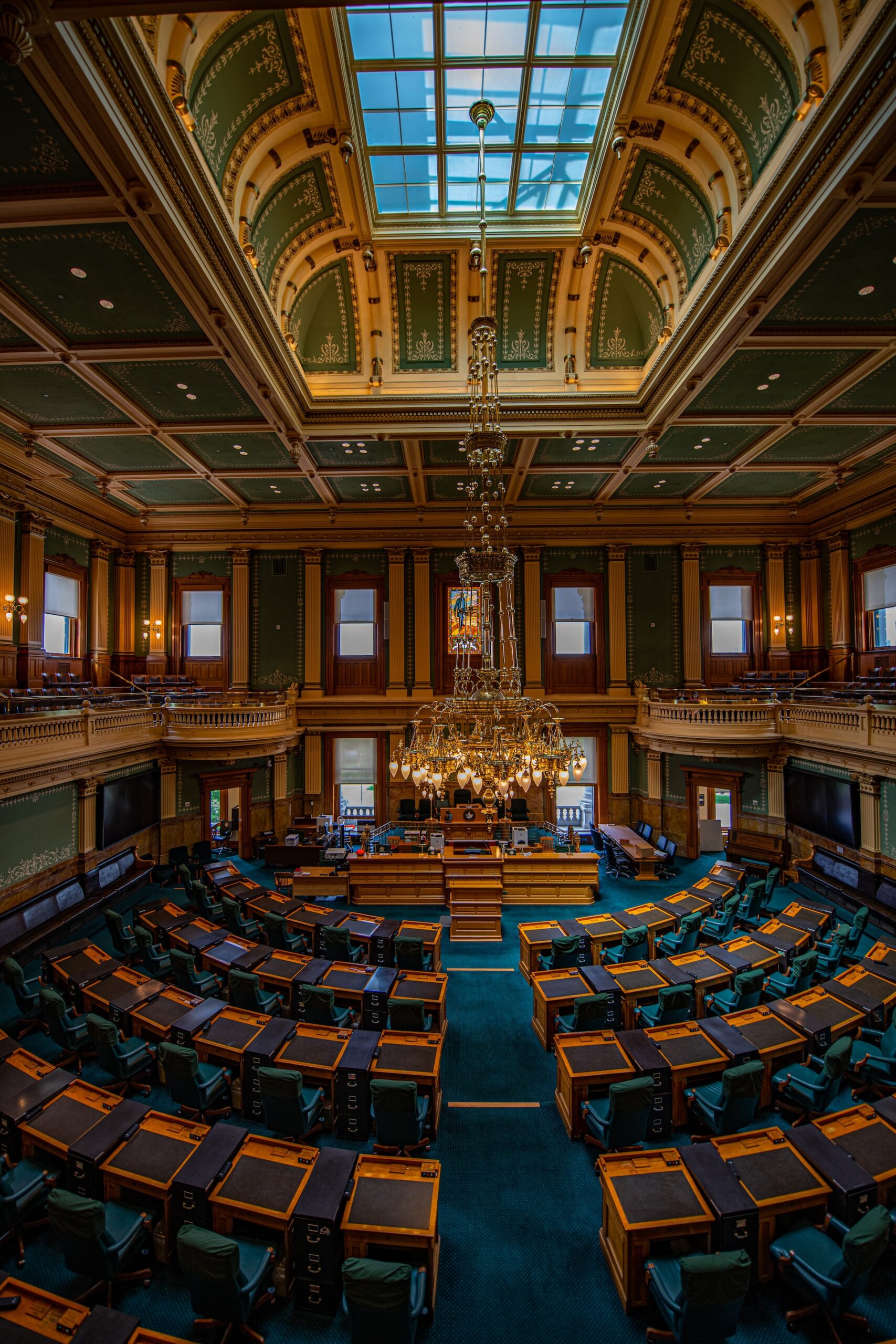

2k+ Laws
Of laws signed on the preservation of nature
FEATURED IN

Our friends at Delagem.com have taken a deep dive into sustainability in jewellery and have compiled a list of sustainable jewellery brands.

Mr.Q is a popular online casino known for its unique, no-wagering requirement policy, offering a wide range of high-quality games and a user-friendly interface for players to enjoy.

Ecology summit dedicated to save our environment and climate have a great influence. To do things that can make difference even in school you should know law so for getting law assignment writing help online find reliable legal homework help services.

Enjoy the thrill of online gambling at play-fortune.pl, where you can find the best free online casino games without downloading or registering.

Experience the thrill of the Aviator Bet game and see how high you can fly.

If you are looking for reliable reviews about ghostrwriting agency 1a studi in Germany, visit our website to read first-hand experiences and customer testimonials.

European betting sites are a great place to put your knowledge to use and have fun while watching your favourite sports event!

Choose BCS coach hire Amsterdam service for eco-conscious group transportation. Reduce your carbon footprint while exploring the city comfortably.

Trusted & Partnered With…





News
-
Unlocking positive impact: The surprising environmental benefits of casinos
By
Casinos may seem like an unlikely candidate for a positive environmental impact. However, beneath the surface of the gaming floors and noisy entertainment venues, casinos make an unexpected contribution to the well-being of the planet. Let’s explore the little-known positive facts, challenging preconceptions and shedding light on their environmental initiatives. Sustainable Architecture: Designing with Nature […]

